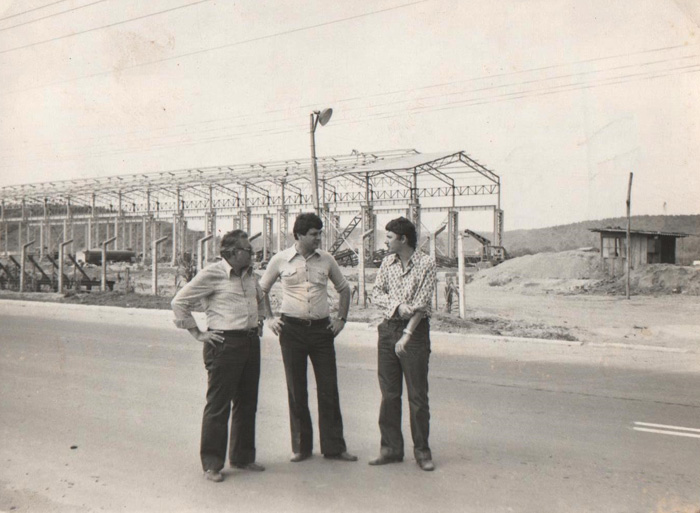SEBRAE METALWORKING TECHNICAL COURSE
Realize the love with which many metalworker describe the profession, always quoting how gratifying it is to see giant pieces, made by themselves, completely ready at the end of the execution of the cauldron project to finally be assembled in the contracting industry.
PROFESSION OF METALWORKER
See other testimonies, about the profession of metalworker, collected in a Brazilian mechanical industry. Notice the depth with which employees talk about the feeling of working in a metalworker and delivering industrial projects of great complexity and size at the end of the day; is a true collection of fabrication of metal structures, which would give pleasure and fulfilment to anyone who executed them.
What is the origin of the metalwork name?
The word metalwork originated from the first iron modellers, who worked in a market that mainly served the demands for cauldrons. However, this class began to produce, more and more, equipment of greater complexity, such as swords and armor. Later, they attended the nascent market of large metal structures, such as the bridges that were beginning to be built in Europe and then in the United States. Thus was born this profession, today highly valued, but that suffers, constantly, with the centralization of power, unfortunately, in force in our country.
Industrial metalworker, what does it do?
If you want to know what an industrial metalworker does, it is important to keep in mind that metalworking is the name of an area within the mechanical industry that is considered the “heavy” part of the business. Large pieces of iron and steel are molded according to metalwork designs; plates and beams take the form of technical drawing, composing the fabrication of metal structures that are often huge.
Brazillian Metalworking Industry
The industrial metalworking industry market in Brazil is very much based on the demand of large companies, which do not matter due to large taxes, making it necessary to design and manufacture parts in the country. This is due to the ideology that, thus, the internal market is strengthened. However, what is seen is a great dependence of the mechanical industries on the demand of the state, mainly Eletrobrás and Petrobrás, companies that are constantly being plundered by the national political class, putting at risk the entire “ecosystem” of companies that depend on it.
Difficulties due to customs protectionism
In addition to the immature mentality that the import ban would help small businesses, there are still those who think that the natural consequence of this protectionism would be the generation of jobs. However, with the high cost of the base industry, “high-end products” consequently become more expensive, and high-tech industries such as IT are the ones that generate the most jobs, employing, according to Harvard research, up to 80 times more people. No wonder, Trump was so criticized as to have taxed the import of steel by 25% and aluminium by 10%.
Economic scenario in a dynamic market
If large Brazilian industries were not prohibited from importing, they would buy the latest technology to apply in manufacturing and would end up demanding better suppliers’ services, instead of inducing a demand that is not organic and in disagreement with reality and dynamism of the global economy, making them less vulnerable to economic and political inclemencies of the country, due to the greater supply of customers they would be able to meet.
It is, therefore, important to understand the dynamics of the industrial market before ideologically defending this or that project of government, for we are often deluded by sentimental discourse and we think that we are helping to generate jobs when, in fact, acts with a lot of passion and with little technical knowledge, end up causing enormous problems to those who would like to be helping.


